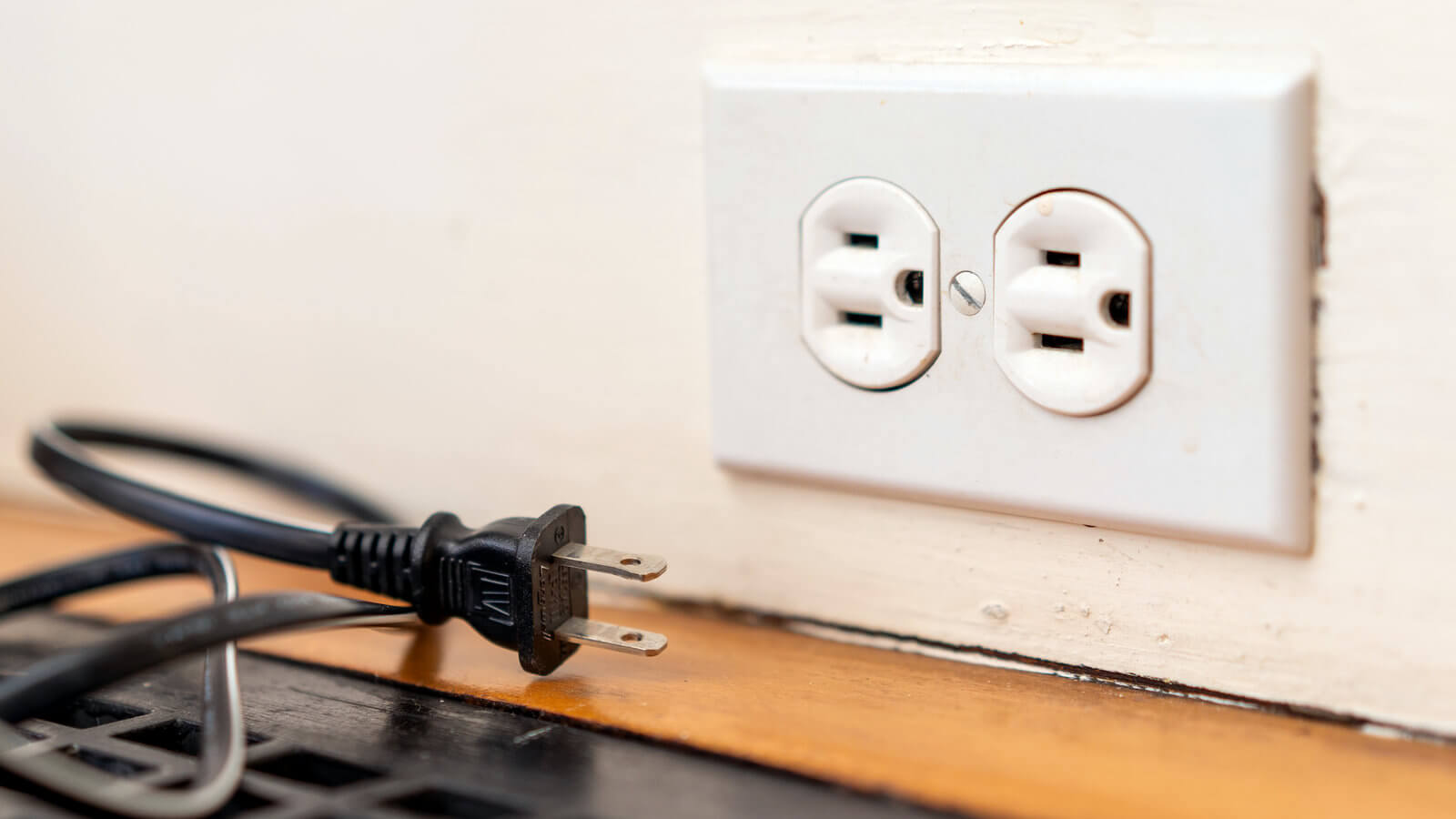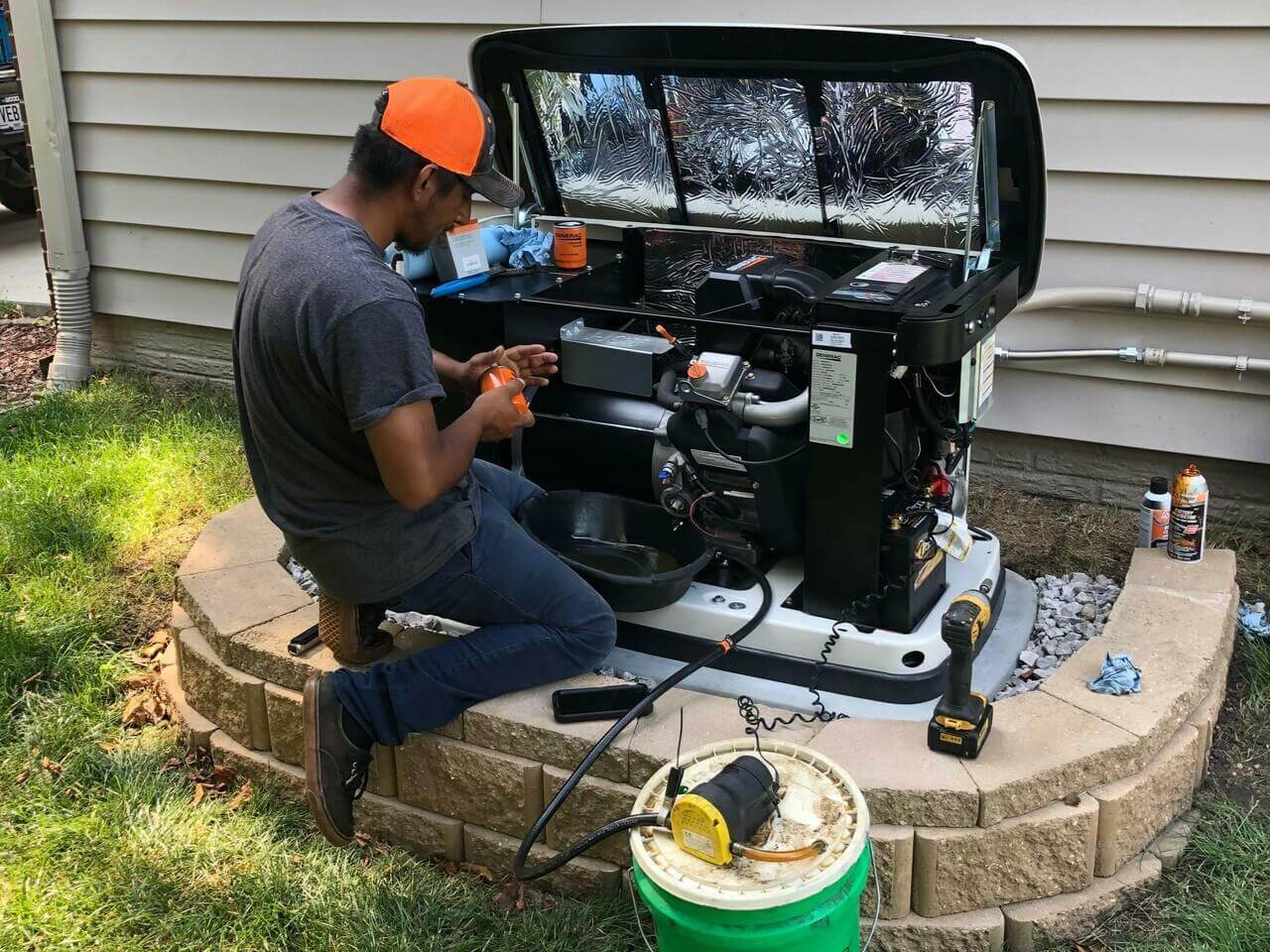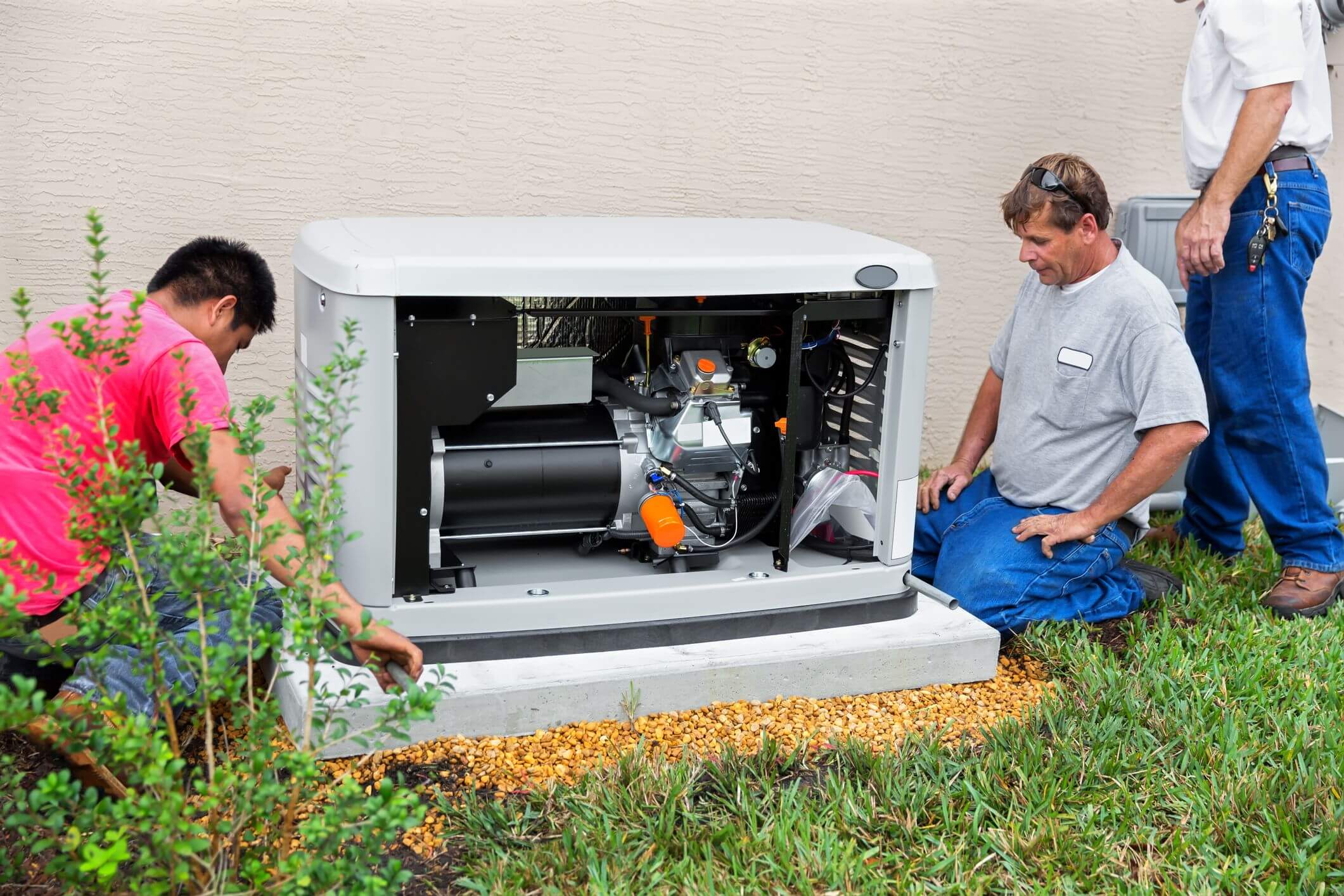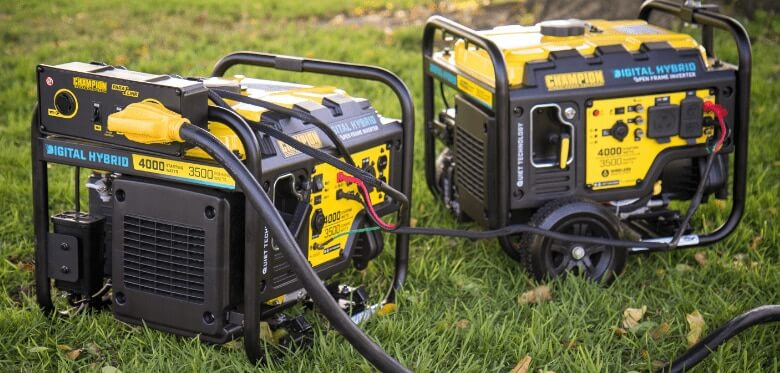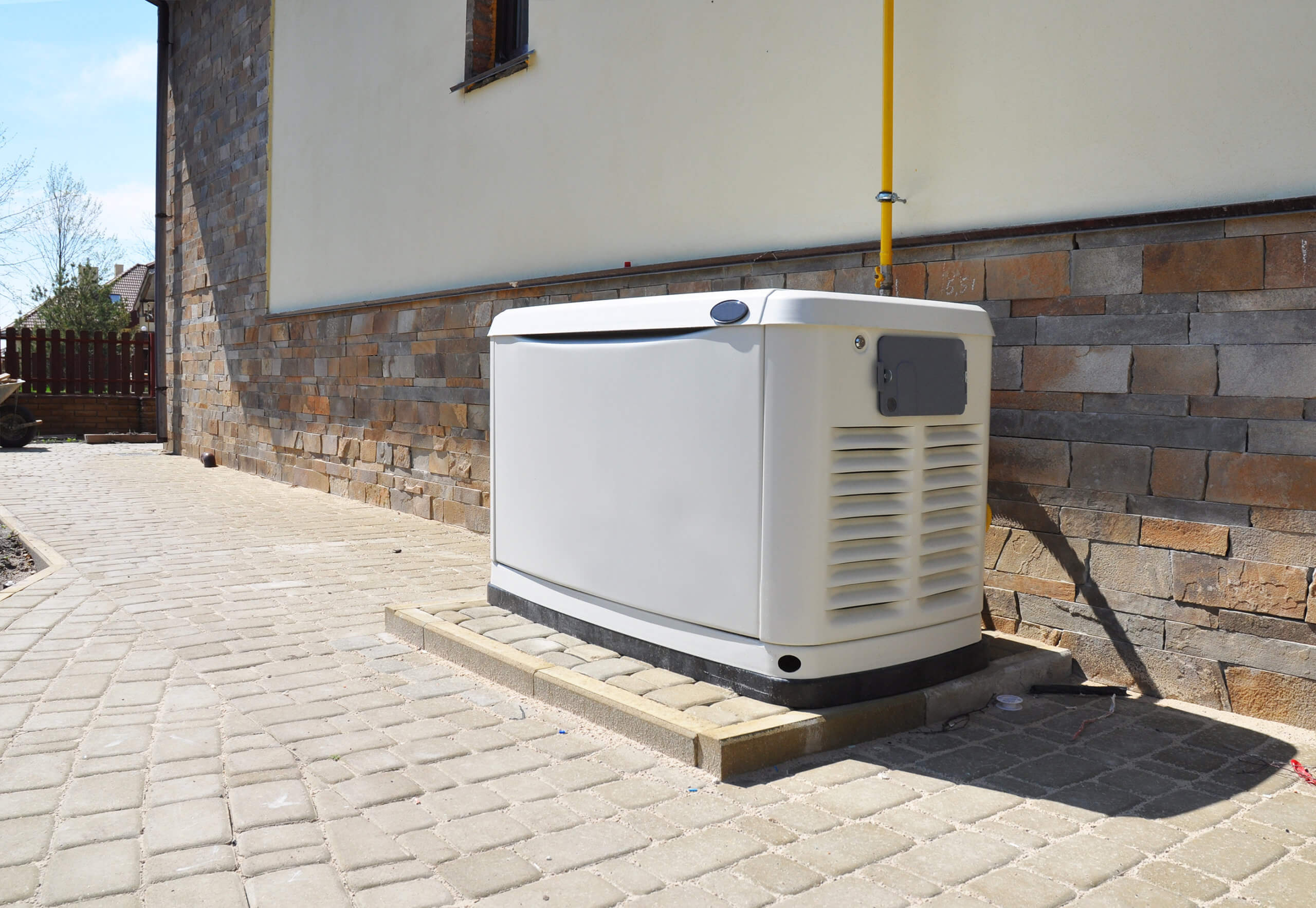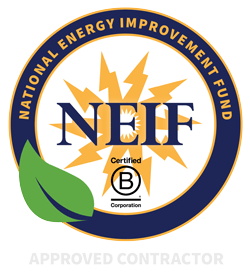How You Can Prepare Beforehand With a Generator Installation
- Generators

Storms and harsh weather conditions are the usual culprits for a power outage, and unfortunately, there isn’t much you can do to prevent them. No homeowner should have to deal with a power outage, especially when your food can spoil and your home is at risk of flooding because the sump pump can’t work. The good news, however, is that you can prepare your home for a power outage with the right kind of generator.
How a Generator Can Help You
Power outages happen, but the problem is what can happen to your home once the power goes out. Homes that experience power outages without a generator are subject to power surges, which can harm your appliances, a flooded basement or damaged plumbing, especially during the winter season, and possibly an entire fridge full of spoiled food. Installing a generator to your home may be expensive, but the damage done by power outages can be even more costly. Here’s how a generator can benefit your home.
- It turns on instantly. Generators like a backup or standby generator work by detecting when the power goes off, generating power immediately. This prevents power surges because there is a constant source of power running in your home. A power surge is a spike in your home’s electrical current and it usually happens when the power is abruptly cut off and turned back on. Although power surges are common, they can destroy sensitive electronics like your computer or entertainment system and even start an electrical fire.
- It protects your home. On top of preventing fire hazards, a generator makes sure important appliances like your home’s security system keep running. Your safety should always be a top priority, but without power your security system can’t protect you and your household from intruders.
- You stay comfortable. A home without power in the dead of winter, or in the hottest month of summer can make anyone miserable. Having a generator installed and ready ensures you stay comfortable no matter when a power outage occurs.
What to Consider Before Installing a Generator
A generator is an appliance that any homeowner can benefit from, but it’s important to make sure you get the right generator for your home. Emergencies happen, but the worst thing you can do is to shop for a generator when you need one. It’s best to plan early, as finding the right generator will require some careful consideration. A generator is another major appliance, which is why you need to consider the following first.
- Determine your load. Generators aren’t designed to power the entire house, which is why it’s important to prioritize what gets power and what doesn’t. Make sure to run through a list of what needs power, things like your refrigerator, HVAC system, and sump pump, to see which generator will best fit your needs.
- Make sure to install a transfer switch. A transfer switch is a must have, as you can’t just plug in the generator to your house. Your house needs to be disconnected from the grid before starting the generator; otherwise the electricity produced can travel beyond your house and enter the grid, potentially killing any utility employees at work. A transfer switch is a safe solution that works by being wired directly to the house and shutting off power before the generator starts, directing any power generated to the designated circuits.
- Consider the types of generators. Depending on where you live, you may need to consider something more powerful like a standby generator or something just the occasional power outage, like a portable generator. If you live somewhere secluded where a power outage could last days or have life-saving medical equipment, you might want to consider a standby generator.
- Test it periodically. Once you’ve found the right generator, it’s important to let it run every now and then. Periodic test ensures your generator runs, and alerts you of any potential problems. Make sure to keep your generator somewhere level and well-ventilated. The best location is where you can easily access it for refueling later.
Stay Prepared With the Right Generator
A generator is a must have for any homeowner, but it’s important to make sure you get the best generator for your home. A licensed electrician will know what type of generator will best work for your home, and ensure a safe installation. Power outages aren’t just a nuisance; they can cause costly damages to your home. Don’t wait until it’s too late, prepare your home by calling an electrician today.
For More Information on All Things Generators, Call NSHEC Today!
Check Out Our Current Specials!
Read The Great Things That Your Neighbors Are Saying About NSHEC.
generator installation

